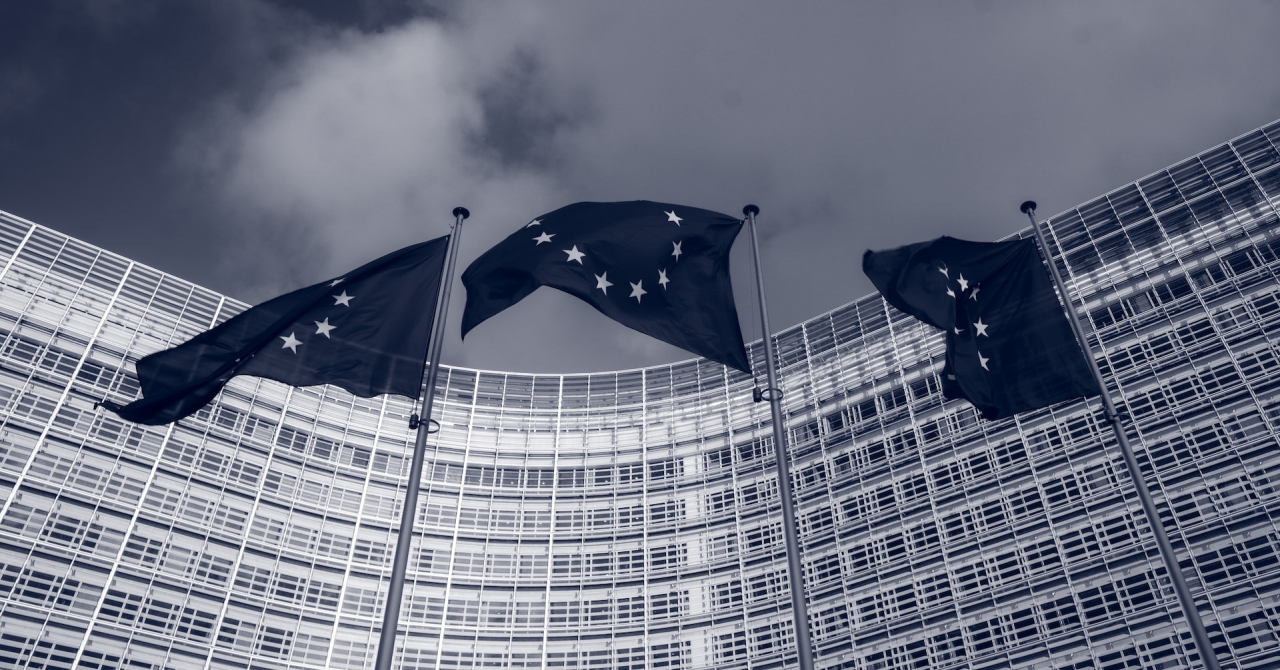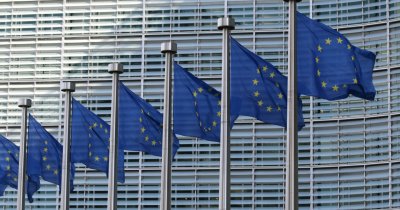The reduction of methane emissions is believed by many experts to be a very quick and effective way to limit the rate of global warming. This is because compared to carbon dioxide, methane lives in the atmosphere for around two decades, as opposed to the hundreds of years that CO2 spends in our air. However, methane has a much higher capacity to warm the planet, around 80 times more.
Thus, as per ESG Today, EU officials are looking at a 55% emissions cut by 2030 compared to 1990 levels, which also includes methane and they are also supporting the Global Methane Pledge. Through this initiative, global governments want to reduce methane emissions by at least 30% before the next decade compared to 2020 levels.
The EU Parliament wants the Commission to have a stronger position when it comes to methane leaks detection, while also urging member states to set their own national reduction targets.
Parliament representatives also push for methane flaring and venting by 2025 from drainage stations, while the same processes should be done by 2027 for ventilation shafts.
Member of the European Parliament Jutta Paulus said that "without ambitious measures to reduce methane emissions, Europe will miss its climate targets and valuable energy will continue to be wasted. We call for ambitious and stringent methane reduction measures. In the energy sector, three quarters of methane emissions can be avoided through simple measures and without large investments.
"As Europe imports more than 80% of the fossil fuels it burns, is essential to expand the scope to energy imports", she added.
 Mihai - Cristian Ioniță
Mihai - Cristian Ioniță












Any thoughts?